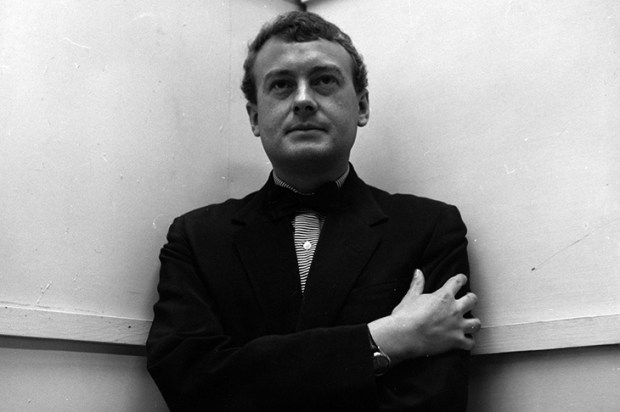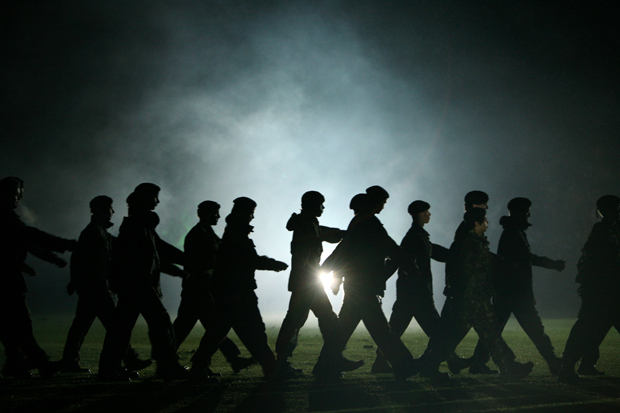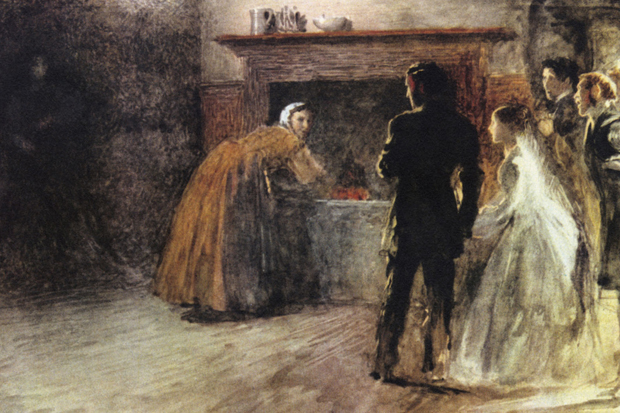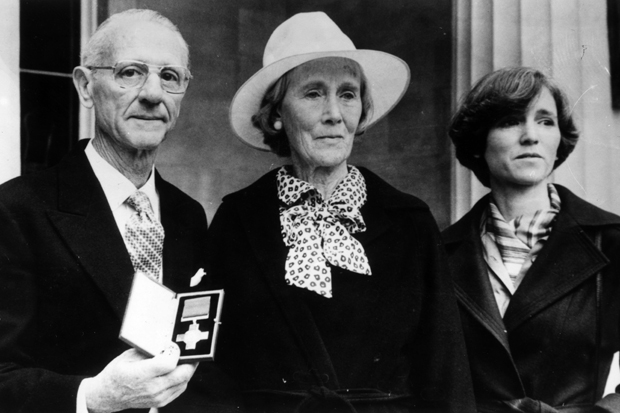John Gross’s The Rise and Fall of the Man of Letters: English Literary Life since 1800, a standard text for anyone set on a life of writing about books, was intentionally truncated, ending its chronology before Gross’s own time of eminence. Two decades after the book’s publication in 1969, Gross explained in a new afterword that he had not wanted to comment on his peers and colleagues, for fear of misunderstanding or offence. A perfectly justifiable approach, but it made the book uncomfortably tantalising for those who prefer their gossip to be at the expense of the living.
The Prose Factory is dedicated to Gross, and partially overlaps with The Rise and Fall, beginning in 1918. It appears at first to be a capacious project, taking in the rise of the paperback and the bestseller, Bloomsbury, Grub Street and academe. This is a book about literary life in England, not the United Kingdom or the English-speaking world (the United States is a place that sends cheques to English writers for their stories); and, as the book’s title suggests, Taylor is interested in production more than inspiration. He is against what he calls ‘Olympianism’, as typified by F.R. Leavis and his followers. J.C. Squire, the most well-connected man of the interwar scene and ‘one of the great bogey figures of recent English literature’, is more Taylor’s speed, as is Hugh Walpole, ‘an unmourned casualty of the 1930s culture wars’, whose early career ‘was a kind of object lesson in how to get on’.
Taylor’s key contribution is his emphasis on the practical, mercantile aspects of living by the pen. Three chapters are dedicated to how writers have earned — or failed to earn — a living. It is comforting, in its way, to find that brutally unfair disparities in fame and fortune have almost always been the rule, with the arguable exception being the late 1980s, when celebrity authors felt empowered to ask for big advances and newspapers started to fatten up (by 1988 the Sunday Times literary section was an entire supplement, 16 pages long, with a staff of five). Reminiscences of a time when money flowed and critics had elbow room is nostalgia for an historical hiccup rather than an era.
Running through it all is the unstable status of the jobbing English writer. The ‘dressing-gowned drudge’, buried in proof copies and ashtrays, cannot easily be reconciled with ‘those moneyed young beasts who glide so gracefully from Eton to Cambridge and from Cambridge to the literary review’, as George Orwell puts it in Keep the Aspidistra Flying. Class and background matter, but so does the paying of dues. For George Gissing, the key question to ask of a fresh-faced young writer was: ‘But has he starved?’ Privilege followed by poverty seems to be the deal, punctuated with the occasional lottery winner: Arnold Bennett pulling up to the Savoy in his Roller, or Kingsley Amis paying off a mortgage-sized bar tab.
Most people, I think, enjoy money talk (certainly most writers), but when Taylor turns to other topics readers may find themselves losing patience. Malcom Bradbury’s campus novels are given a thorough reading without Taylor explaining why Bradbury is such an important figure. A.S. Byatt’s early fiction gets its own short chapter, which seems excessive to me. An enthusiastic diversion through literature’s influence on pop music — in particular the Beatles and the Jam —is too brief to shed any light, and includes one of Taylor’s bolder bits of praise: ‘ “That’s Entertainment” has some claims to be regarded as a highlight of late 20th-century English popular art.’ How can this be? We shan’t know — the chapter ends there.
On purely bookish matters, however, Taylor is measured, steady, constantly aware of the Leavisite traps that surround final judgments. If a criticism sounds severe it is usually followed by a mitigating ‘on the other hand’. This hasn’t always been Taylor’s style. In A Vain Conceit, his study of 1980s fiction, written when he was still in his twenties, you can feel the young-fogeyish exasperation: ‘It is no use going around pretending that contemporary writing in this country is frightfully good. It is, in fact, frightfully bad.’ It’s the kind of blanket dismissal that Leavis would be proud of.
Taylor doesn’t mention his early polemic in The Prose Factory, nor does he narrate his own dealings with editors, his earnings, his Private Eye parodies, his successes, his failures. Like Gross, he has learned not to make it personal. There are contracts to fulfil, editors to appease, festivals to attend —the various solid dependencies that keep all those thousands of prose factories in business.
Got something to add? Join the discussion and comment below.
Get 10 issues for just $10
Subscribe to The Spectator Australia today for the next 10 magazine issues, plus full online access, for just $10.
Available from the Spectator Bookshop, £17 Tel: 08430 600033
You might disagree with half of it, but you’ll enjoy reading all of it. Try your first month for free, then just $2 a week for the remainder of your first year.














Comments
Don't miss out
Join the conversation with other Spectator Australia readers. Subscribe to leave a comment.
SUBSCRIBEAlready a subscriber? Log in